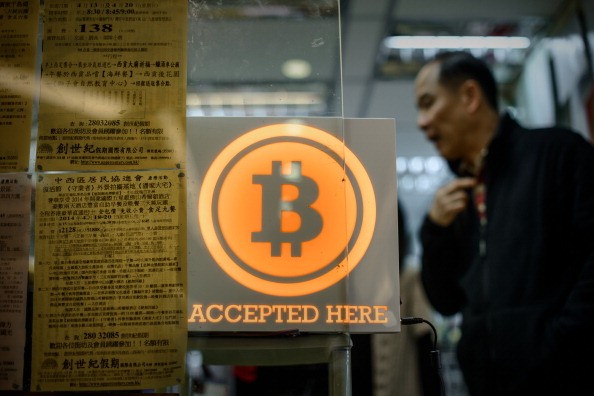In a further step to tighten regulation over the digital currency, China's central bank has warned the country's Bitcoin exchanges against money laundering and margin trading.
According to a statement from the People's Bank of China, it's inspection team met and gave verbal warnings to company officials of nine Beijing-based Bitcoin trading platforms.
The PBOC ordered to not engage in money laundering, margin trading, or any practices that count on violating the laws on advertising, taxation and foreign exchange.
The statement also indicated that trading platforms will be closed if the companies seriously violate the regulations.
The company officials were also reminded of the technology risks of Bitcoin trading, as Bitcoin doesn't have any ties to the bank or government.
Bitcoin is underpinned by blockchain technology, a digital ledger system that uses cryptography. Bitcoin allows users to transfer and spend money anonymously, which makes it a handy tool for money laundering and capital flight.
Bitcoin enabled investors to buy Chinese yuan and sell for U.S. dollars, which effectively bypasses the annual forex purchase quota of $50,000.
Amid capital outflow concerns over the yuan weakening against the U.S. dollar, China has strengthened scrutiny over illegal foreign exchange purchases.
Many exchanges also offer margin trading that enables investors to trade Bitcoin using borrowed funds and capitalize on its price fluctuations.
This involves a huge risk, though. The value of Bitcoin surged in the second half of 2015, but plummeted after surpassing 8,000 yuan per unit early in January this year.
The PBOC conducted on-site checks to BTC China last month, which is the country's biggest Bitcoin trading platform. They also conducted on-site checks to Huobi and Okcoin, two other major Bitcoin exchanges.
A total of nine exchanges were warned, including CHBTC, Btc Trade and HaoBTC.
In an efforts in developing a government-backed sovereign digital currency in response to the Internet currency Bitcoin, the PBOC released its own digital currency last month.



























